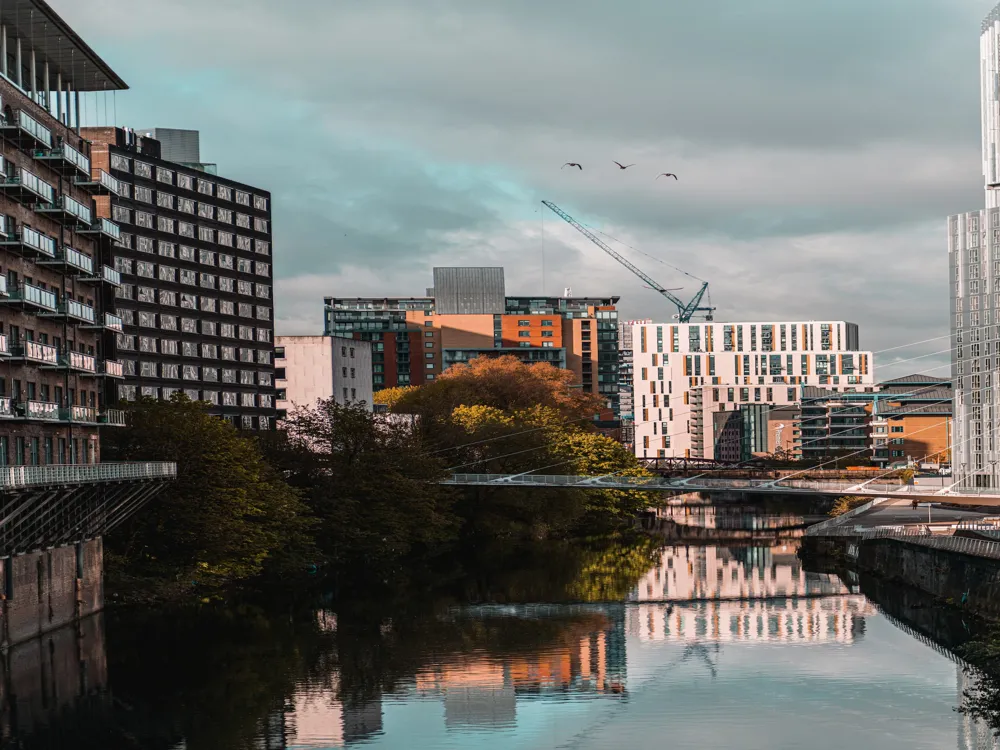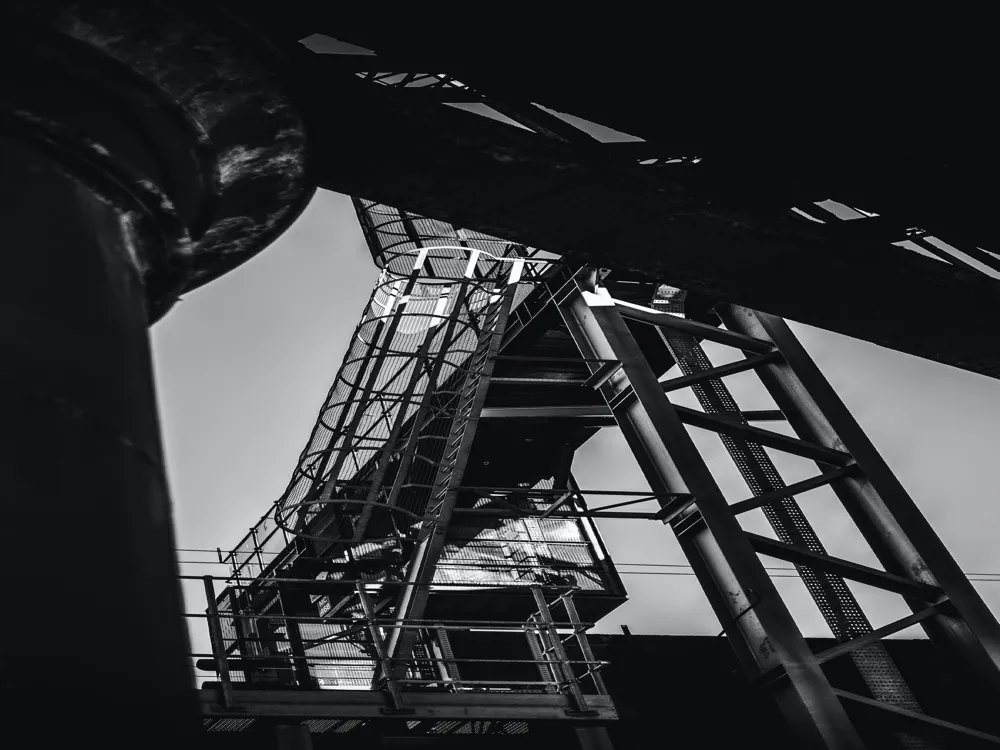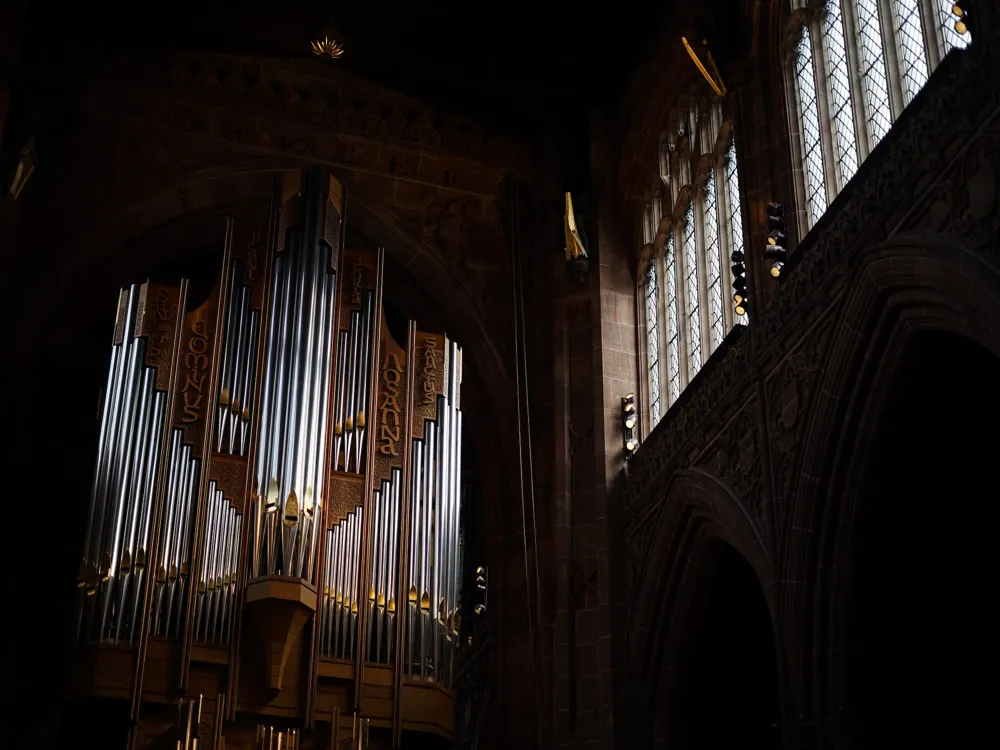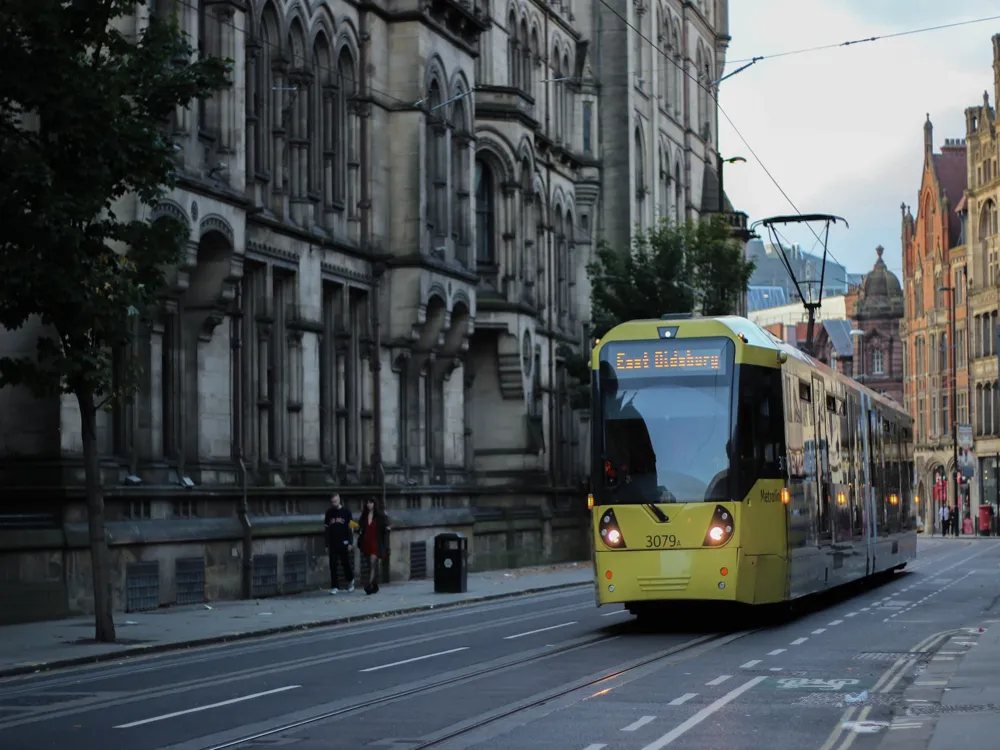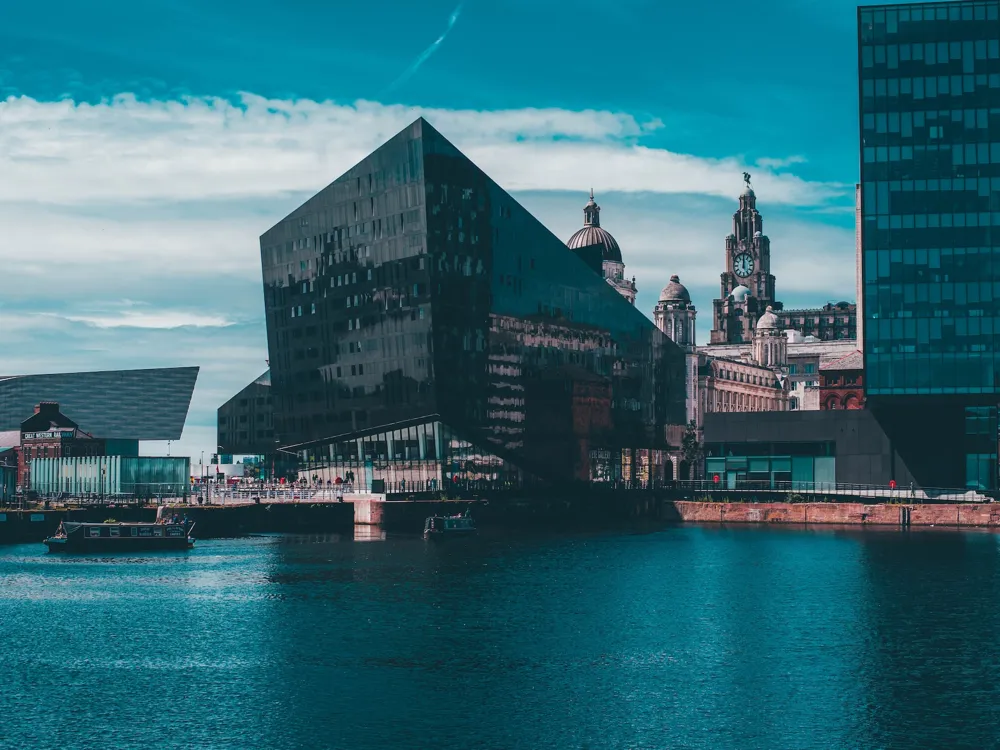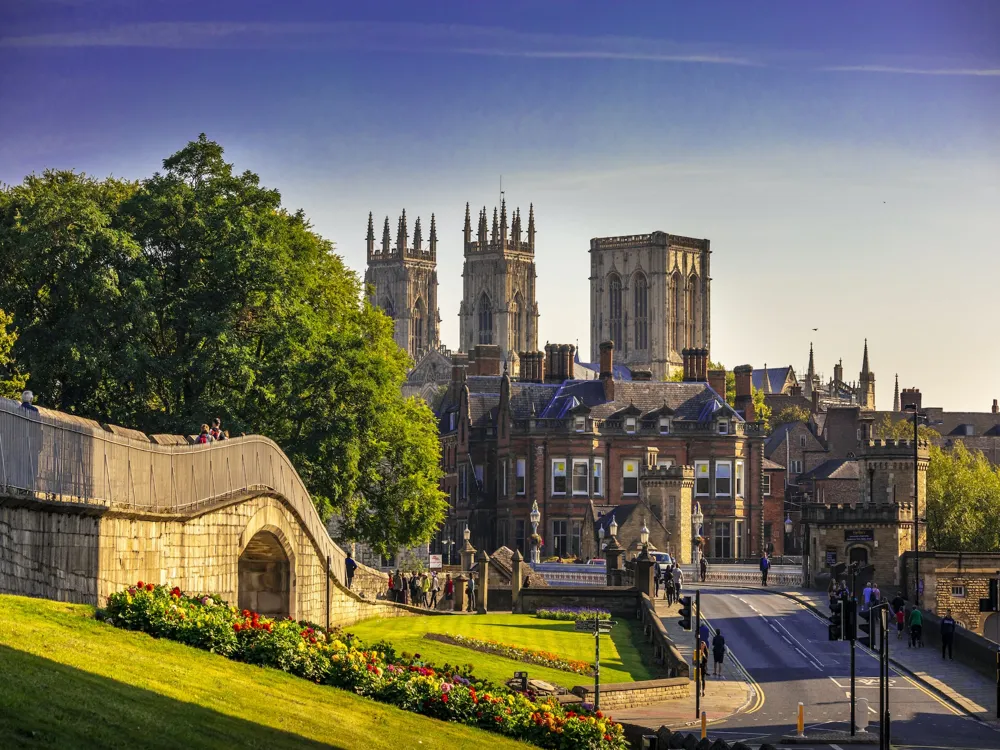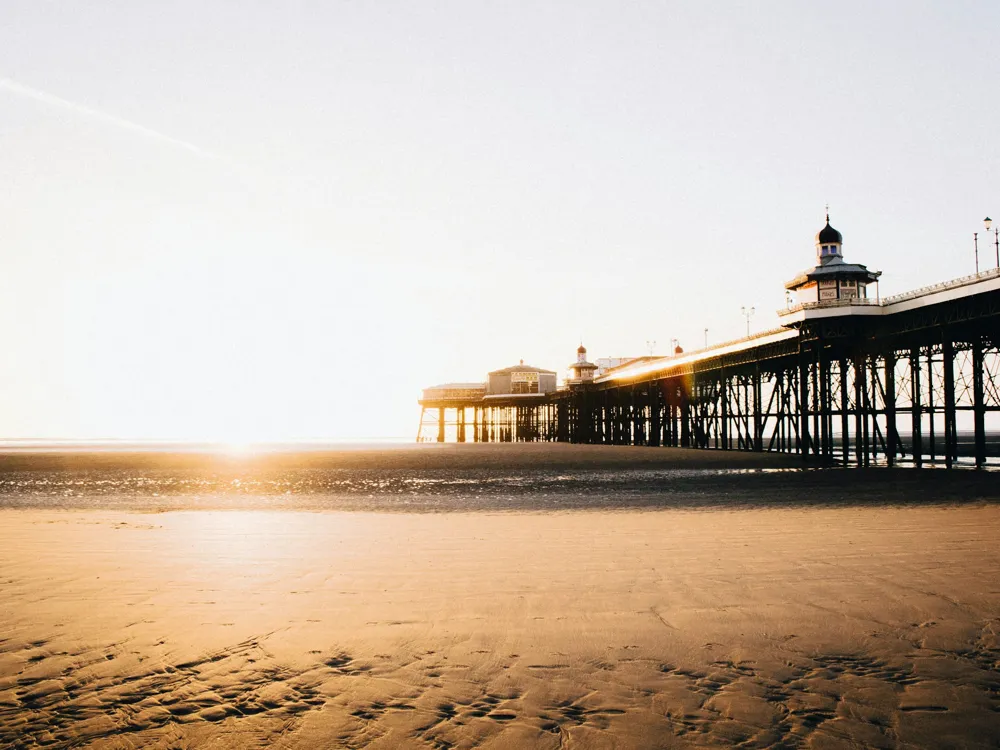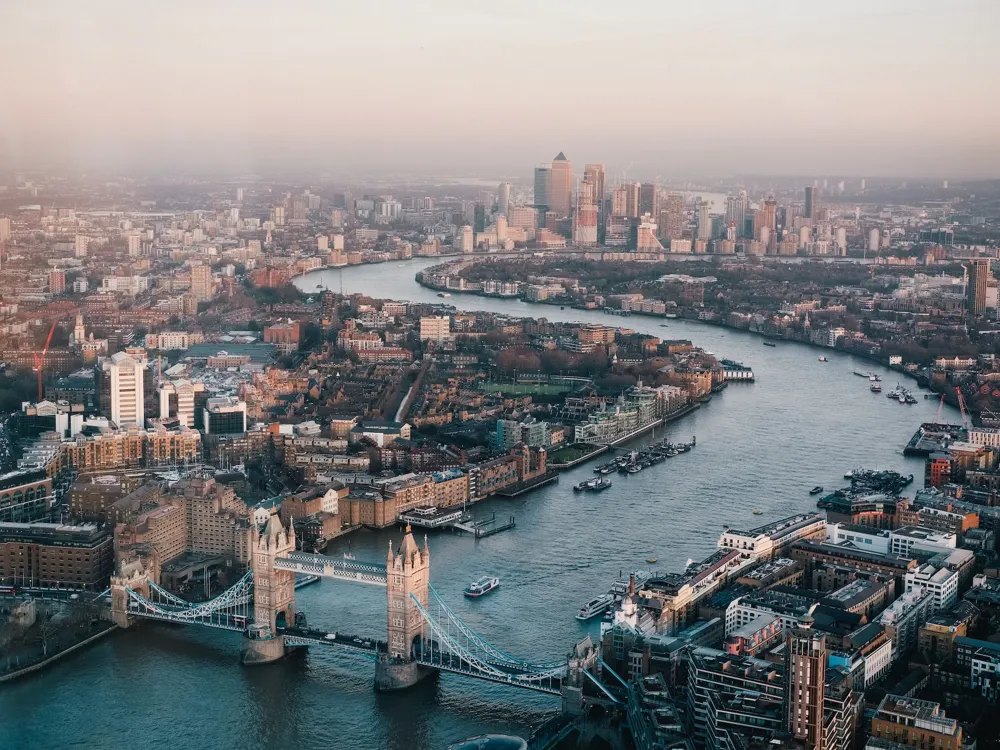Old Trafford, often referred to as the 'Theatre of Dreams,' is a world-renowned football stadium located in Greater Manchester, England. It is best known as the home of Manchester United Football Club, one of the most popular and successful football teams globally. The stadium, with a rich history dating back to its opening in 1910, stands as a symbol of heritage and prestige in the world of sports. Over the years, Old Trafford has hosted numerous high-profile games, including World Cup matches, and has become a pilgrimage site for football fans worldwide. The stadium's capacity of over 74,000 makes it the largest club football stadium in the United Kingdom. Its design reflects a perfect blend of historical elements and modern facilities, offering an unparalleled match-day experience. Old Trafford's significance extends beyond just hosting football matches; it has been a venue for major concerts, rugby league matches, and even served as a military depot during the Second World War, reflecting its versatile and storied past. Visitors to Old Trafford are greeted with a façade that blends traditional brickwork with contemporary design elements. The Sir Alex Ferguson Stand, named after the club's most successful manager, is particularly notable for its vast size and state-of-the-art facilities. Inside, the stadium offers a range of amenities, from hospitality suites to the Manchester United Museum, where fans can delve into the club's storied history. Old Trafford isn't just a stadium; it's an embodiment of the spirit, history, and passion of football. Whether you're a die-hard Manchester United fan or a visitor looking to experience the aura of this iconic venue, Old Trafford promises an unforgettable experience. The architecture of Old Trafford stands as a testament to the evolution of stadium design over the past century. Initially designed by architect Archibald Leitch, the stadium has undergone numerous renovations and expansions, each adding a layer to its rich architectural tapestry. The original design reflected the industrial spirit of early 20th-century England, with its signature criss-cross steelwork and terraced stands. Over the years, Old Trafford has expanded to accommodate its growing fanbase while preserving its historical essence. The stadium's corners were filled in, boosting its capacity and changing its shape from a classic English football ground to a modern all-seater stadium. The North Stand, now the Sir Alex Ferguson Stand, was completely rebuilt in the 1990s, featuring multiple tiers and executive boxes, a symbol of modern football's luxury and commercialization. The East and West Stands also underwent significant transformations. The East Stand, facing Sir Matt Busby Way, showcases a glass-fronted façade, displaying a modernist approach to stadium design. In contrast, the West Stand maintains a more traditional aesthetic, balancing the old with the new. The stadium's interior is a blend of tradition and modernity, with comfortable seating, excellent sightlines, and state-of-the-art facilities ensuring a world-class spectator experience. Perhaps the most striking aspect of Old Trafford's architecture is its ability to retain its historic charm amidst modern enhancements. The stadium's exterior brickwork, the Munich Tunnel, and the iconic statue of Sir Matt Busby are constant reminders of its rich history and tradition. Old Trafford's architectural journey from a simple football ground to a modern sports coliseum reflects the evolution of football itself, mirroring the sport's growth, changes, and enduring spirit. Timing is crucial when visiting Old Trafford. Ensure you check the match schedule and plan your visit accordingly. Non-match days offer more relaxed tours, while match days provide the electrifying atmosphere of live football. Remember to book your tickets in advance, either for a match or a stadium tour, to avoid disappointment. Old Trafford is well-connected by public transport, with Metrolink tram services being a popular option. If driving, be aware that parking can be limited on match days and is usually pre-bookable. Consider using park-and-ride services or public parking spaces further from the stadium and walking or taking a tram. Don't miss the Manchester United Museum and Stadium Tour for a comprehensive Old Trafford experience. The tour offers insights into the players' locker rooms, the dugout, and the press room, while the museum takes you through the rich history of the club. Booking in advance is recommended, especially during peak times. Old Trafford has a variety of food and drink options inside the stadium. However, exploring nearby pubs and restaurants can also be rewarding. Local favorites often offer pre-match specials and a lively atmosphere. For souvenirs, the official Manchester United Megastore at the stadium is the place to visit. It stocks a wide range of merchandise, from jerseys to memorabilia. There are also several smaller vendors around the stadium on match days. Reaching Old Trafford is straightforward, given its prominent location in Greater Manchester. For those using public transport, the Metrolink tram system provides direct services to the Old Trafford stop, which is a short walk from the stadium. Trains to Manchester Piccadilly or Victoria stations are also viable options, along with connecting trams or buses to Old Trafford. For visitors driving to the stadium, it's located near the M60 motorway, making it accessible from various parts of the UK. Parking can be limited on match days, so pre-booking a parking spot or using park-and-ride services is advisable. For international visitors, Manchester Airport is the closest airport, with various public transport options available to reach the stadium. Read moreOverview of Old Trafford
Architecture of Old Trafford
Tips When Visiting Old Trafford
Plan Your Visit
Transport and Parking
Stadium Tours and Museum
Eating and Drinking
Souvenirs and Merchandise
How To Reach Old Trafford
Manchester Tourism
Best Time to Visit Manchester
How to Reach Manchester
Things To Do Manchester
Old Trafford
Manchester
NaN onwards
View manchester Packages
Weather :
Tags : Landmark
Timings : Museum and Stadium Tours: 09:30 - 16:00 Sunday - Thursday
09:30 - 17:00 Friday - Saturday (except home match days)
Entry Fee : Adult: 25 GBP onwards
Child(5 to 16 years): 15 GBP onwards
Student Groups: 5 GBP onwards
Planning a Trip? Ask Your Question
Also Refered As:
The Theatre of Dreams
Manchester Travel Packages
View All Packages For Manchester
Top Hotel Collections for Manchester

Private Pool

Luxury Hotels

5-Star Hotels

Pet Friendly
Top Hotels Near Manchester
Other Top Ranking Places In Manchester
View All Places To Visit In manchester
View manchester Packages
Weather :
Tags : Landmark
Timings : Museum and Stadium Tours: 09:30 - 16:00 Sunday - Thursday
09:30 - 17:00 Friday - Saturday (except home match days)
Entry Fee : Adult: 25 GBP onwards
Child(5 to 16 years): 15 GBP onwards
Student Groups: 5 GBP onwards
Planning a Trip? Ask Your Question
Also Refered As:
The Theatre of Dreams
Manchester Travel Packages
View All Packages For Manchester
Top Hotel Collections for Manchester

Private Pool

Luxury Hotels

5-Star Hotels

Pet Friendly







